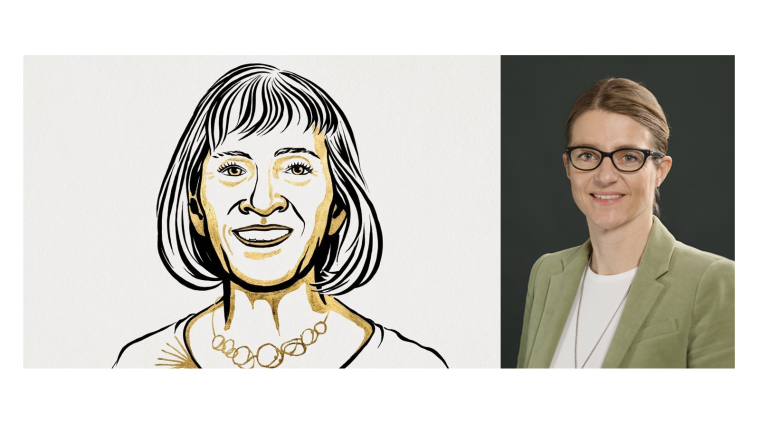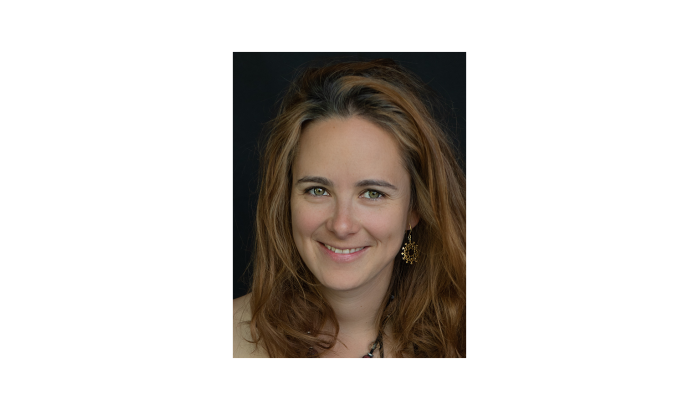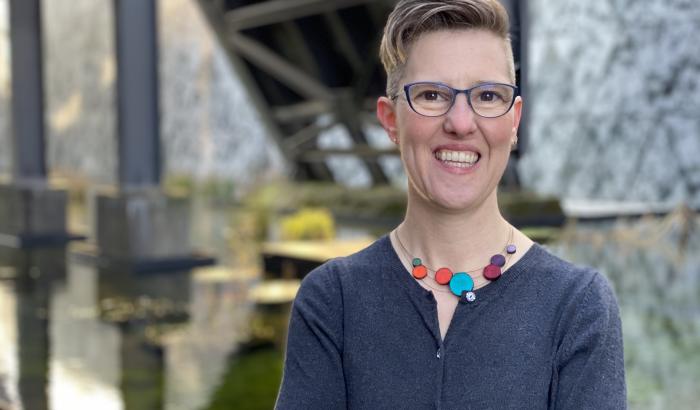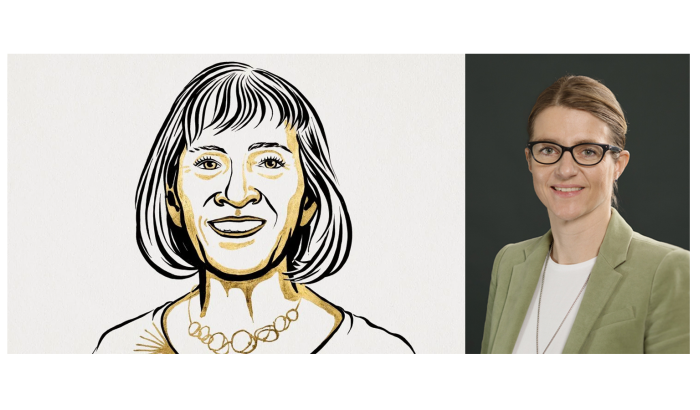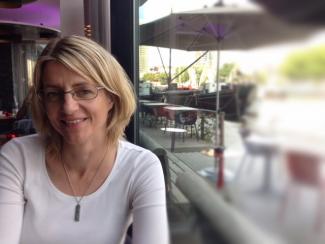
Eva Sierminska
Eva Sierminska, researcher at LISER
Economist Eva Sierminska on inequality in the labor-market and the wealth gap
Dr. Sierminska, you have been studying income-differences, labor market differences and inequality in Luxemburg. What was the most significant result?
I have been studying this mostly in the context of wealth accumulation. It was striking to see, how different decisions people make initially in the labor-market quickly accumulate into wealth differences: For instance, young individuals do not realize how a brief departure from the labor market or a decision to post-pone savings by a minimum number of years contributes to the loss of wealth. These losses accumulate very quickly. We don’t have all the answers on how these decisions lead to differences in wealth yet, but to ensure a decent standard of living for the largest part of society it is very important to gain a better understanding of these relations. Providing social benefits to help people financially is not the best solution; eventually, we want people to be able to accumulate wealth on their own and create incentives to do so.
Are you giving recommendations to policy-makers?
My work is grounded in empirical research. However, the institution, where I currently work (LISER), provides policy relevant research and so in my work I often provide policy implications. For instance, in one study we found that the younger population could be more responsive to incentives to save, while the older population could be more inclined to take out loans and use their home as collateral in order to help finance their expenditures during retirement. Such insights can directly feed into actions taken by the ministries of labor.
A well-known and often discussed issue is the wealth-inequality between men and women…
Definitely. However, this is particularly difficult to investigate in detail. We can compare households with single men or single women – but what is happening inside a household, for instance with respect to wealth differences between married couples, is much harder to work out. Very few countries survey data at that level of detail. The situation is not tragic though. Using data put together by the European Central Bank, we can get a broad picture in a comparative perspective across countries. In our report, »Wealth and Gender« we found that wealth levels and the wealth composition vary a lot across countries. While for instance the middle household in Luxembourg has a wealth level of about 400,000 Euro, in Germany the middle household has only about 50,000 Euro. Inequality, which describes how wealth is distributed within the country is on the other hand the highest in Germany and Austria. Luxembourg is somewhere in the middle among European countries. When it comes to differences between women and men, the biggest factor that explains them is the labor market participation and wages. In my other research, I study the distribution of wealth within the household, as well.
Currently, you are investigating inequality among people working in economics…
Yes, for this work I just recently went to Arizona in the framework of an FNR-funded INTER Mobility project. There, I investigated income differences and specialization among academic economists. In comparison to for instance engineering, economics is a suitable field for such a study, because the work economists do varies very much. Some work on highly abstract mathematical models, while others predominantly describe the economy in simple numbers by for example discussing the unemployment rate or the rate of inflation. In our project, we want to find out: Do women make different choices in their specialization because they have different preferences? Are there groups, which are more attracted by higher salaries? Are there some kind of barriers? The US is a good place for such a study, because public salary information is public information. In our preliminary study, we find that the salary people expect to obtain influences their choice of field in economics to specialize in.
Publications
Autor: Tim Haarmann
Foto: Eva Sierminska
Infobox
Dr. Eva Sierminska works as economist at the Luxembourg Institute of Socio-Economic Research (LISER). She completed her PhD in Economics at the Johns Hopkins University in Baltimore, MD. During her career she has been a visiting researcher at University of Arizona, IZA, DIW Berlin, University of Turin, INED in Paris and the San Francisco Federal Reserve Bank. Her work has been published in numerous journals such as Oxford Economic Papers, Economic Letters, Review of the Economics of the Household. She is the managing editor of the Journal of Income Distribution. Her research-focus is on labor- and population economics, cross-country and demographic differences in wealth portfolios, wealth-distribution and the measurement of inequality. Link to profile on LISER website


